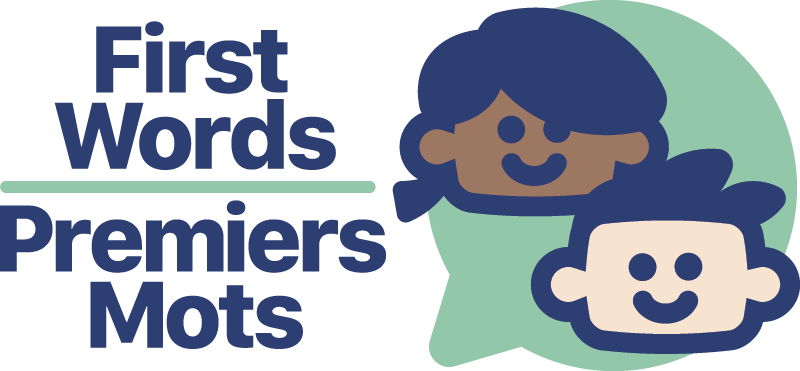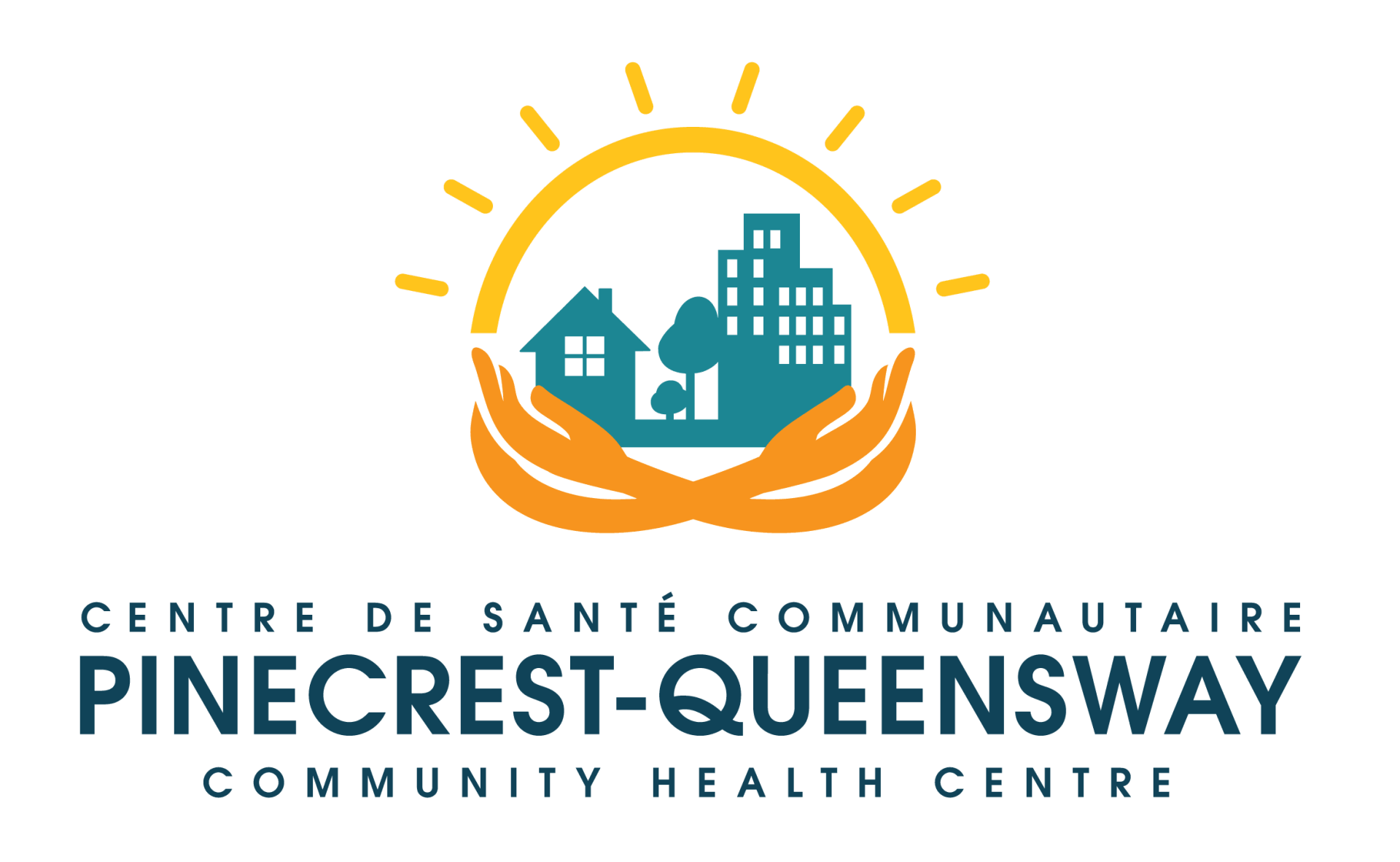Developmental Coordination Disorder
DCD is a chronic health condition, comorbid with other childhood disorders (e.g. attention deficit/hyperactivity disorder; speech/language impairment) that can often lead to long-term negative social-emotional and physical/health consequences (Wilson, 2005).

What is DCD?
Children with Developmental Coordination Disorder (DCD) have difficulty performing everyday motor tasks such as printing or playing on the playground with other children. Their motor skill level is below that of typically developing children even though they have at least average intellectual ability and no other diagnosable neurological disorder (American Psychiatric Association, 2000). These children take longer to learn and to perform tasks. They may also experience many frustrations in ordinary activities such as dressing and feeding (Polatajko & Cantin, 2006). More than 192,000 Ontario children experience significant difficulties with motor skill coordination, interfering with academic achievement and everyday activities. DCD is a chronic health condition, comorbid with other childhood disorders (e.g. attention deficit/hyperactivity disorder; speech/language impairment) that can often lead to long-term negative social-emotional and physical/health consequences (Wilson, 2005).
Consult the recent publication on this topic: A Shared Care Model – Providing Rehabilitation Services in Primary Care
How are DCD and Childhood Apraxia of Speech linked?
Speech-language pathologists are in a unique position to assist families with the process of early identification of motor coordination disorders in children. While families and physicians may be focused primarily on the child’s communication delay, a child’s fine and gross motor abilities should also be progressing at a rapid rate during the preschool years. Research reviews indicate that a significant number of children with speech-language delays and disorders will demonstrate concomitant motor coordination difficulties which, when left untreated, may impact the child’s later social and academic progress. Many of these children display the characteristics of Developmental Coordination Disorder.
The article provided below describes the clinical observations of motor development specialists and delineates some key child-behaviours and some clinician-helping behaviours to watch for when working with a preschool speech and language delayed child. This information may assist speech-language pathologists and other health professionals in identifying children who are at risk of having developmental coordination disorder and in facilitating referral to occupational therapists or physical therapists.
Consult the recent publication on this topic: Recognizing and Referring Children at Risk for Developmental Coordination Disorder: Role of the Speech-Language Pathologist



